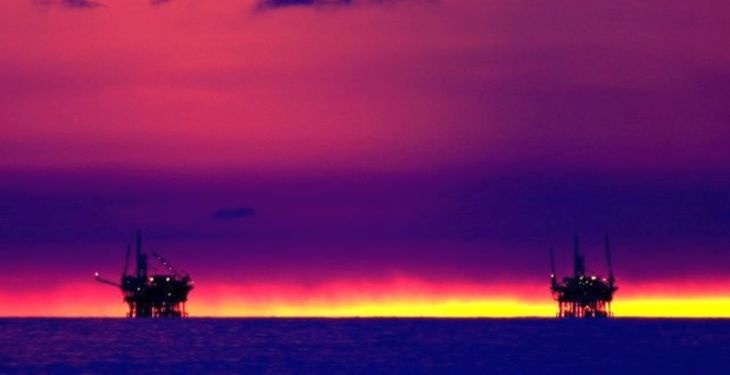Last month, Ukraine announced that it had exported its own natural gas to Europe for the first time in 15 years. Although the amount was small – practically the minimum viable amount for a gas transfer – Ukraine believes its symbolic significance is far larger. Officials say the transfer provided a test of their ability to export gas, a crucial milestone as the country moves towards energy independence, writes Christopher Stakhovsky for oilprice.com.
Having already passed several pro-European reforms to decouple itself from Moscow, Ukraine is now striving to wean itself off Gazprom, Russia’s state-owned gas giant. To Ukrainians, severing ties with Gazprom is a matter of national security; Moscow has long weaponized its monopoly by turning off the gas pipes during the freezing winter months, forcing Ukraine into political concessions. After five years of Russian aggression in the Donbass, Kiev is more desperate than ever for economic freedom.
But if Ukraine is to achieve energy independence – something both President Petro Poroshenko and his main rival Yulia Tymoshenko have promised ahead of the country’s elections this spring – it must negotiate a labyrinth of logistical problems. Indeed, Russia’s gas supply has fostered a strange symbiosis between Kiev and Moscow ever since the collapse of Communism. On the one hand, Ukraine has long relied on Russia to heat its homes and business. Yet, on the other, Russia requires its neighbor to provide a conduit to Europe. Of the 193 billion cubic meters of gas Russia sent west in 2017, around 40 percent transited through Ukraine.
This relationship has come under ever-increasing scrutiny in Ukraine ever since the 2014 revolution. Against the backdrop of repeated antagonism from Putin, Poroshenko has helped steer Ukraine closer to Europe, changing its constitution to facilitate EU membership while passing key linguistic and clerical reforms to dilute Muscovite influence. Energy is very much a final frontier; Ukrainians bitterly recall the ruinous gas deal struck by Tymoshenko herself back in 2009, which committed Ukraine to buy Russian gas at inflated prices and earned her the sobriquet “the gas princess”.
Ten years on, both Tymoshenko and the Ukrainian energy sector have performed a volte-face. The veteran politician is currently leading the presidential polls, partly on her promise to get tough on Moscow. State-owned Naftogaz, meanwhile, has won a landmark victory over Gazprom in a Stockholm courtroom, whose judges nullified the gas prices agreed by Tymoshenko and ruled that Ukraine no longer has to buy a fixed amount from Gazprom every year. In a further sign of defiance, Ukraine has begun taking gas from Europe by reversing the pipeline flow, providing a way to beat Russian supply clamps. Naftogaz claims that Ukraine has gone from importing 74 percent of its gas from Russia to 100 percent from Europe.
Christopher Stakhovsky is an EU energy policy consultant based between Paris and Kiev with over 30 years experience working with EU institutions.
